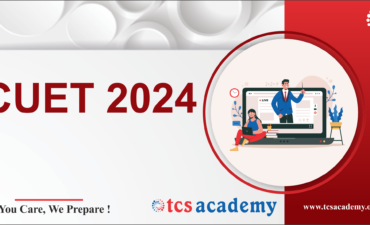Excellence Commerce Notes for UGC Net Exam
UGC NET is a tough competitive exam and needs proper guidance. In our UGC NET exams preparation guide you will learn how to study and prepare for UGC NET and how to crack UGC NET for employments as college teachers. Get UGC NET suggestions, tips and guidance – free!
ugc net commerce notes – Here You will get All UGC NET Commerce notes for UGC Net EXAM on 8July2018. Students Please Note down one Thing that you are preparing for UGC Exam Which Include the B.com and M.com Study Materiel. here I am Providing the All Commerce Notes Which Is Researched On the Base of High Classes. So There Is No Extra Syllabus for UGC. Just Prepare According the M.com, B.com Subjects, NIOS, IGNOU Study material & NCERT Basic conceptual Notes.We are providing Updated study material for ugc net subjects & paper 1.
Approaches to Corporate Ethics ( Business Ethics )
In business, and most other types of organizations, the job of maintaining the values of the company is not the responsibility of any one department or individual; everyone—officers and board, executives, managers, supervisors, and individual contributors—has a role in fostering ethical behavior. Each is a role model to others and can encourage and motivate fellow employees to “do the right thing.”
- The Virtue Approach
- The Utilitarian Approach
- The Rights Approach
- The Fairness (or Justice) Approach
- The Common Good Approach
The Virtue Approach
- Focuses on attitudes, dispositions, or character traits that enable us to be and to act in ways that develop our human potential.
- Examples: honesty, courage, faithfulness, trustworthiness, integrity, etc.
- The principle states: “What is ethical is what develops moral virtues in ourselves and our communities.”
The Utilitarian Approach
- Focuses on the consequences that actions or policies have on the well-being (“utility”) of all persons directly or indirectly affected by the action or policy.
- The principle states: “Of any two actions, the most ethical one will produce the greatest balance of benefits over harms.”
The Rights Approach
- Identifies certain interests or activities that our behavior must respect, especially those areas of our lives that are of such value to us that they merit protection from others.
- Each person has a fundamental right to be respected and treated as a free and equal rational person capable of making his or her own decisions.
- This implies other rights (e.g., privacy free consent, freedom of conscience, etc.) that must be protected if a person is to have the freedom to direct his or her own life.
- The principle states: “An action or policy is morally right only if those persons affected by the decision are not used merely as instruments for advancing some goal, but are fully informed and treated only as they have freely and knowingly consented to be treated.”
The Fairness (or Justice) Approach
- Focuses on how fairly or unfairly our actions distribute benefits and burdens among the members of a group.
- Fairness requires consistency in the way people are treated.
- The principle states: “Treat people the same unless there are morally relevant differences between them.”
The Common Good Approach
- Presents a vision of society as a community whose members are joined in a shared pursuit of values and goals they hold in common.
- The community is comprised of individuals whose own good is inextricably bound to the good of the whole.
- The principle states: “What is ethical is what advances the common good.”
For Free Download Ugc Net Commerce Notes, study material
Click Here : https://drive.google.com/file/d/1-7EnWYg-fzHCBXvYH0HgOaFHsZtka5pu/view?usp=sharing
To Get Full Notes For Ugc Net Commerce Contact us



